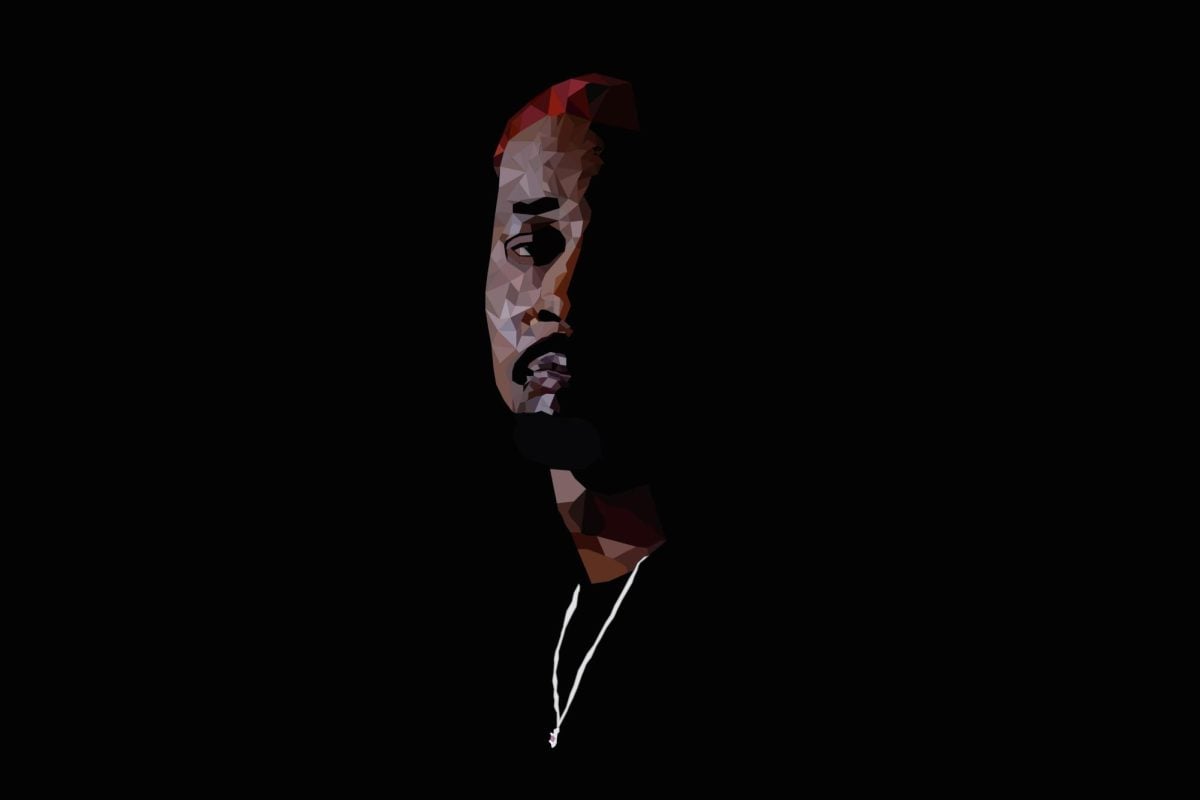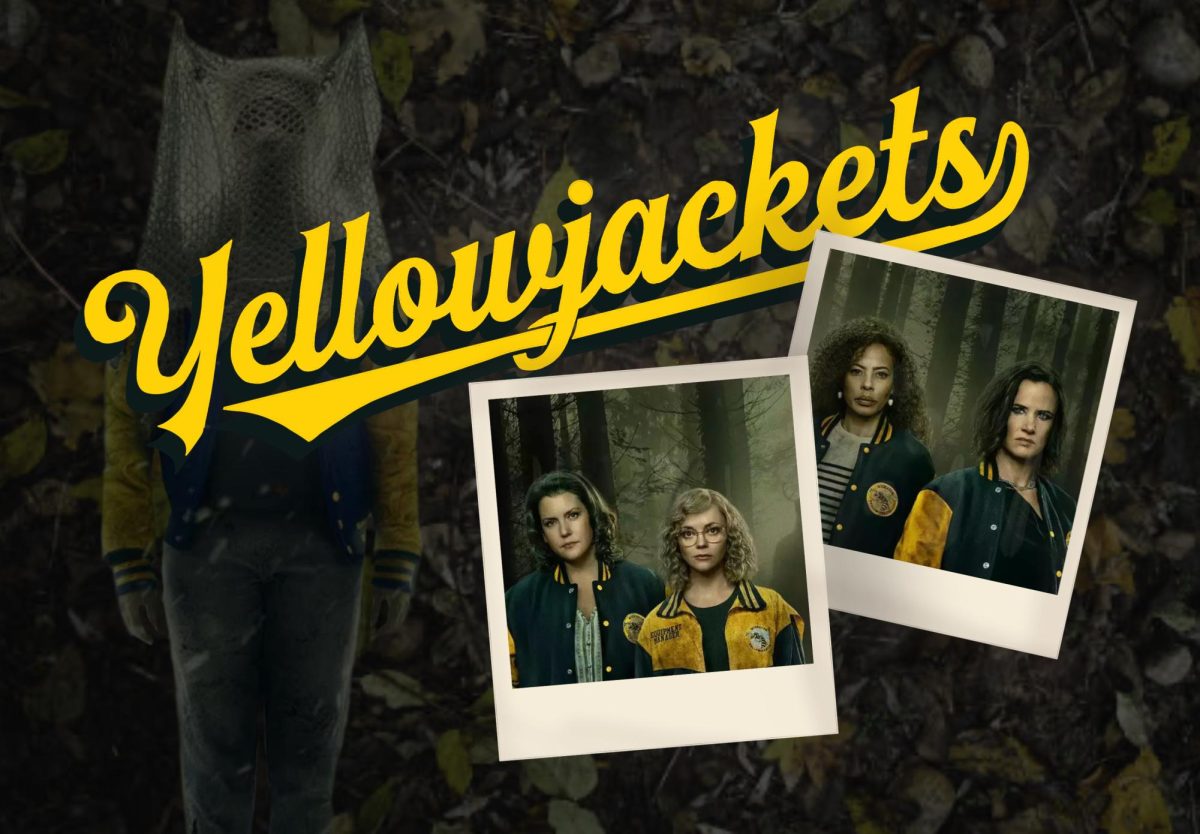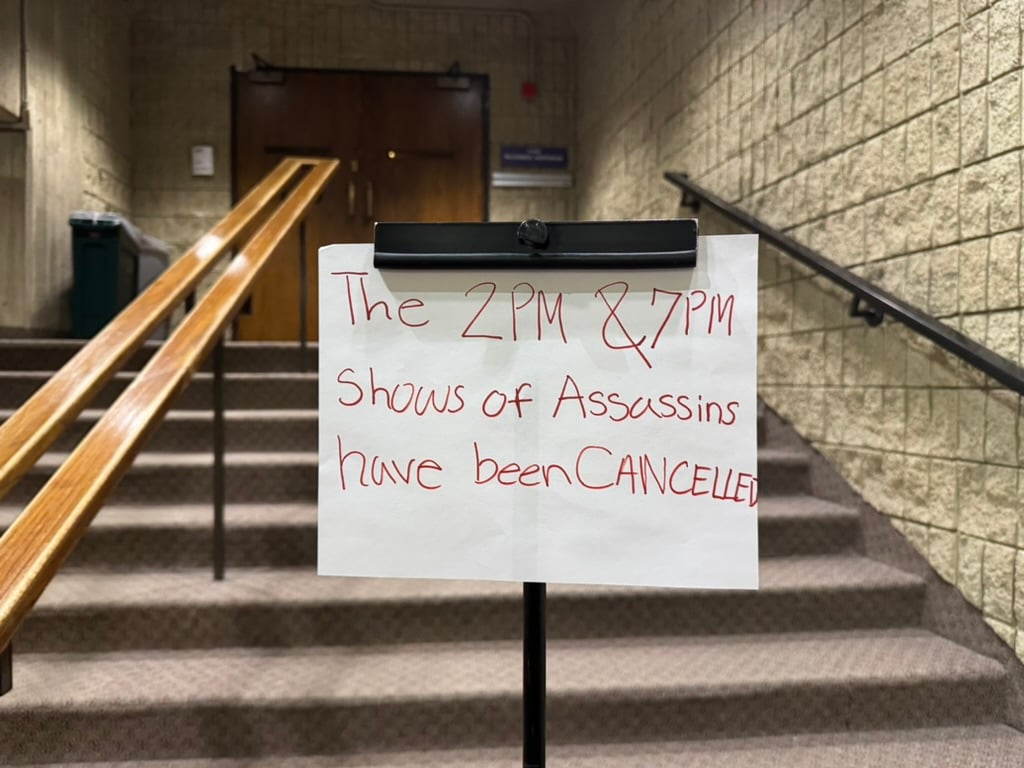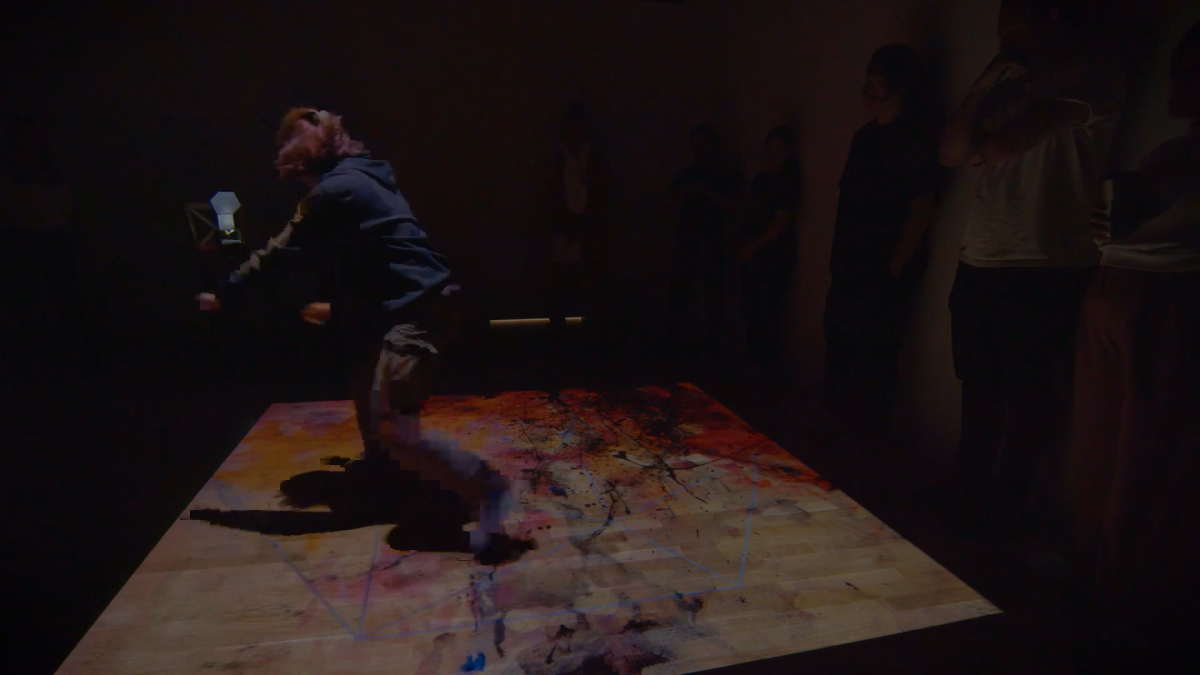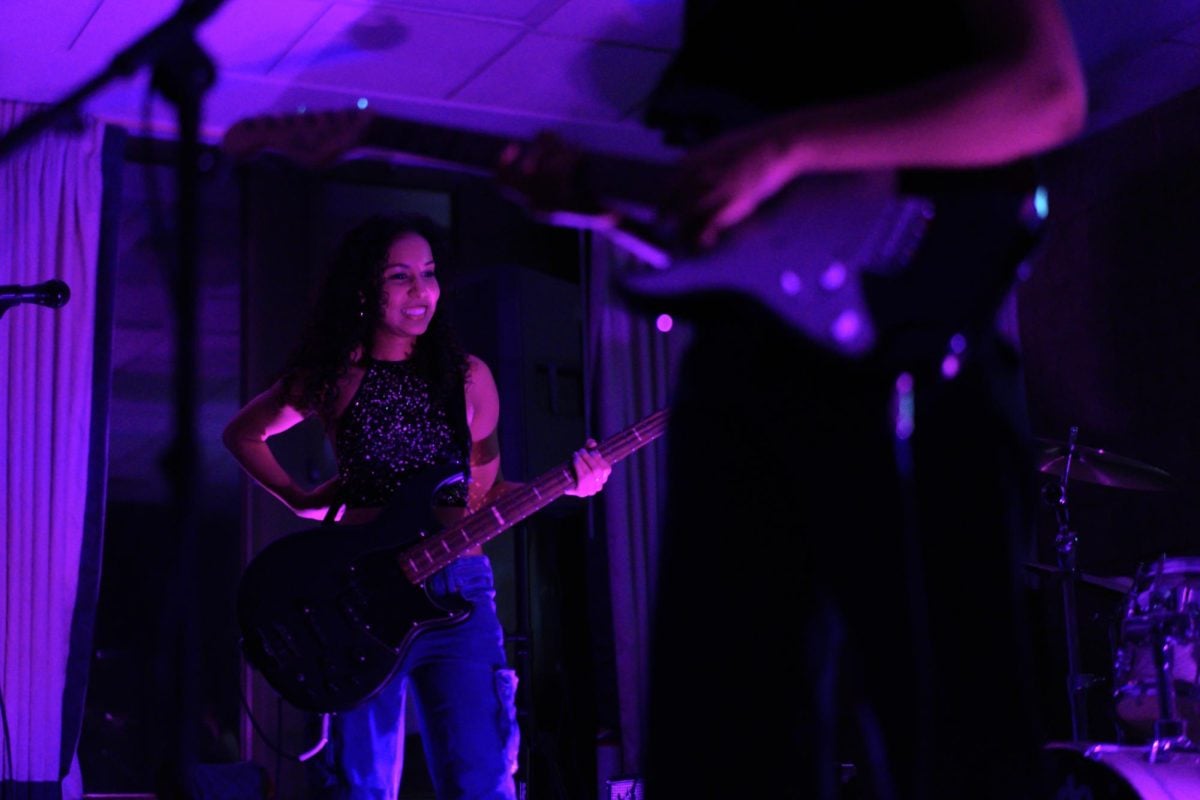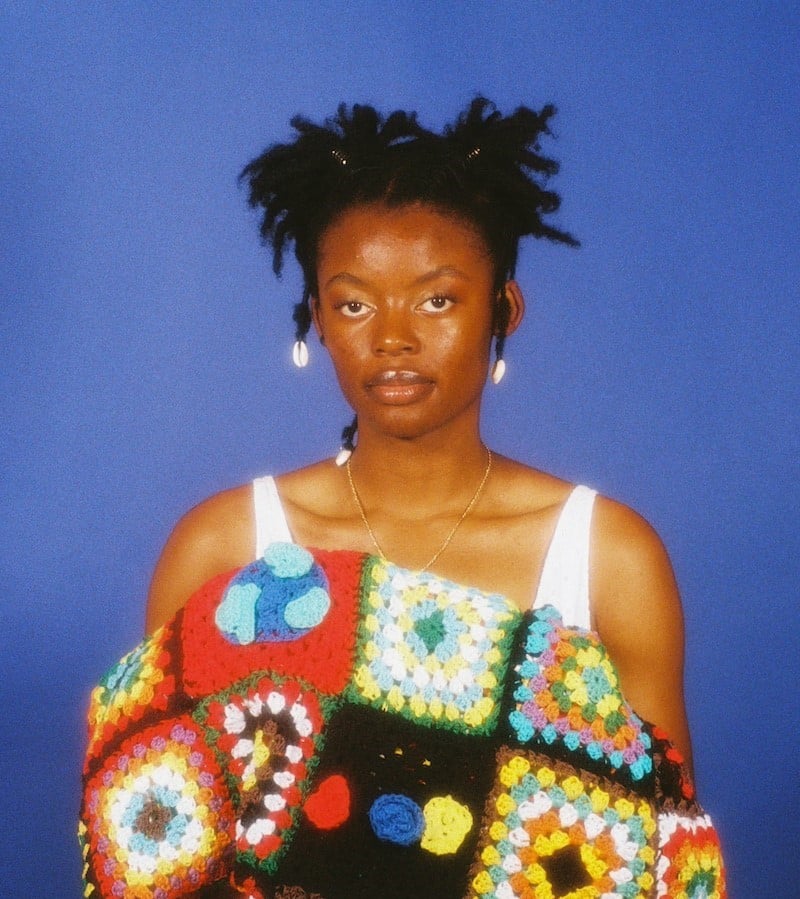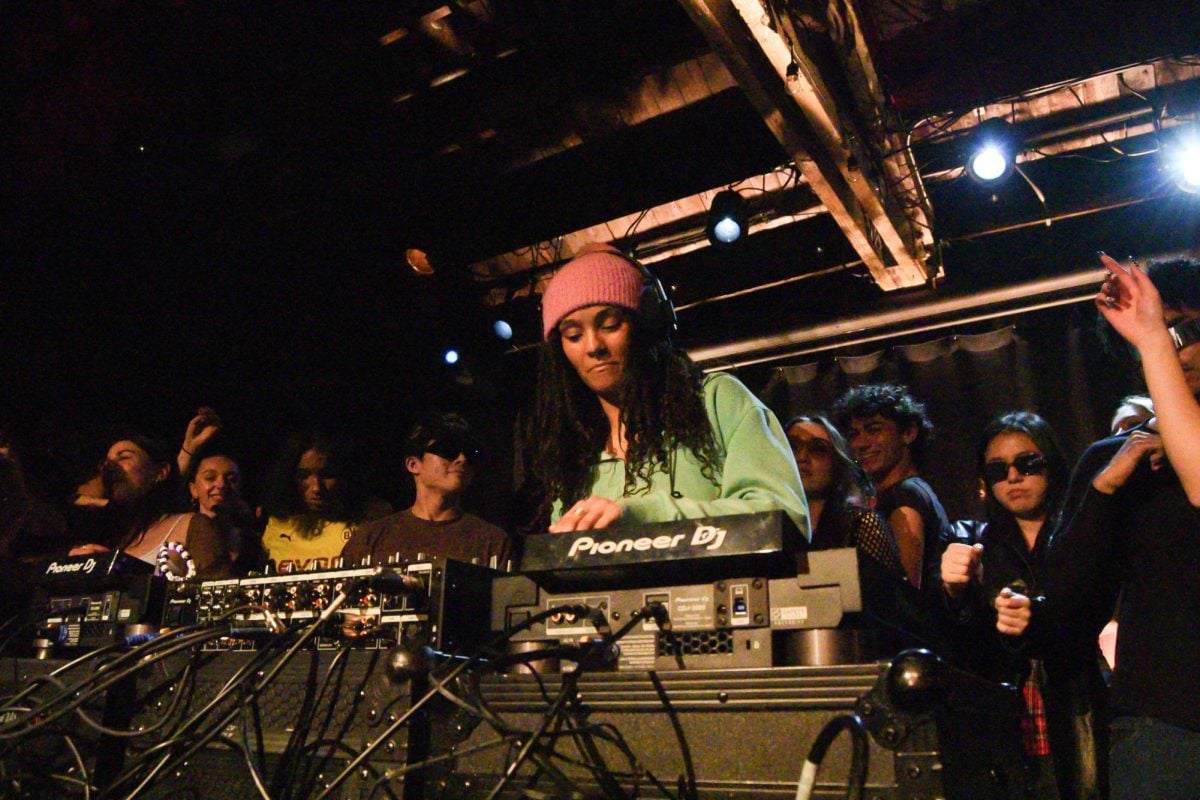Content warning: This story contains mentions of suicide.
There’s a reason why Danny Brown’s last album is titled “Scaring the Hoes.” He’s not a mainstream aux rapper; he’s someone you have to intently listen to if you want to truly experience his music.
Attentive listening is especially necessary in Brown’s sixth studio album, “Quaranta,” released Friday.
In Italian, the album’s name means 40, about the age Brown (now 42) was when he began teasing the album. It’s also a reference to his second studio album, “XXX,” released in 2011 when the rapper was 30. While “XXX” was mainly about his struggles with poverty and drug use growing up in Detroit, “Quaranta” focuses on Brown’s mental health and sobriety.
His rehab journey shaped the sound of this album. If you were to compare it to his album with frequent collaborator JPEGMAFIA’s discography, “Scaring the Hoes,” or any other Danny Brown record, you might think he’s not even the same rapper.
Brown’s known for off-the-wall, chaotic tracks with electronic production elements similar to artists like JPEGMAFIA and Death Grips. Brown showcases his usual style on his second track “Tantor,” with a distorted, bouncy guitar sample and loud, aggressive drums.
However, “Tantor” is an exception, as the rest of the tracklist displays a different side of Danny Brown: one that is more slow, introspective and melancholy.
The album’s title track “Quaranta” begins with a voice repeating the word “quaranta” and a guitar sample. Brown dives into describing his trauma from people trying to put him down for making the music he loves, saying he lost everything in pursuit of his dream.
Songs like “Dark Sword Angel,” “Y.B.P” (“young, black and poor”) and “Jenn’s Terrific Vacation,” (a euphemism for gentrification) all speak on issues pertinent to low-income communities.
Out of these three songs, “Jenn’s Terrific Vacation” has the most interesting production. It features a bit more of Brown’s characteristic chaos in its delivery and percussion. It also shares the same sample as Travis Scott’s “5% TINT,” making the sound nostalgic and enjoyable.
“Down Wit It” has one of the best moments of the album, where Brown interpolates part of Scarface’s verse on Geto Boys’ “Mind Playin Tricks on Me.” Brown raps, “I had a woman down with me / But to me, she was out to get me / Helped me out in this sh– / Now I’m realizing that I love her.”
Decades-old references in modern rap allow old-school influences to shine through, and I was excited when I heard him rapping these recognizable lines.
The best tracks on the album are “Celibate” and “Hanami,” where Brown exhibits his legendary lyricism over laid-back instrumentals.
On “Celibate,” Brown reflects on selling marijuana and his time spent incarcerated, with the best lyric on the song being, “I used to sell a bit / But I don’t f— around no more, I’m celibate / Had me trapped in that cell a bit.”
“Hanami,” my personal favorite, is the best produced and mixed track. An intro riff leads into layered, plucked guitar chords and realistic drums. The main subject matter is how Brown believes he will never get mainstream recognition and the suicidal thoughts he used to have.
The album ends the same way it started, with a voice saying “quaranta” at the end of the last track, “Bass Jam.” It might be a metaphor for how death is inevitable, or maybe it’s Brown recognizing a lack of change after a long look in the mirror.
Danny Brown’s “Quaranta” is a beautiful and vulnerable masterpiece. It’s a 10 out of 10.
Email: FrancescoThorik-Saboia2027@u.northwestern.edu
Twitter: @FrancescoThorik
Related Stories:
— Rapper Danny Brown to perform at Dillo Day
— Danny Brown can’t wait to get ‘Old’
— The Daily Northwestern | Captured: Pitchfork Music Festival Day Three

